 Political Science
Political Science  No Comments
No Comments The Big Debrief
No more phonebanks, no more trainings. I’m home most nights of the week now. My feet have stopped aching from the Capitol’s marble floors. I’ve mostly caught up on sleep.
This is what victory looks like.
I attended my first training session to fight the hurtful anti-marriage amendment proposed for the Minnesota state constitution a full year before it appeared on the ballot in November 2012. Early the following spring, I attended my first phonebank and began my role in the massive conversation that reworked this state’s understanding of love, marriage, and commitment. I stepped into successively greater volunteer leadership roles as the next nine months played out.
And then we won. Minnesota became the first state to defeat an amendment banning same-sex marriage after 30 previous states had passed them. Jubilation isn’t too strong a word. Strangers in stores asked if they could hug me when they saw the campaign stickers on my coat. “I’m just so proud of my state,” they said, and I agreed.
A lot of people left everything on the field in the effort to send that amendment down to defeat. So when the campaign announced early in the new year that it would ride the momentum to take a shot at winning marriage equality this year, the crowd of people I worked with changed. Many beloved friends stayed to change a No to a Yes, but there was a shift, and I fumbled a bit to find my place in the new order.
Burnout wasn’t an unexpected guest after 15 months on the case, but I was still disappointed in myself to have lost the rhythm of self-renewal. I questioned the assumptions I’d built up in the previous campaign, that I was made for this work and the work itself gave me back more than I put in. But I’d grown enough as a person to know that this was a natural cycle, and that it called for reaching out for support, not withdrawing into myself.
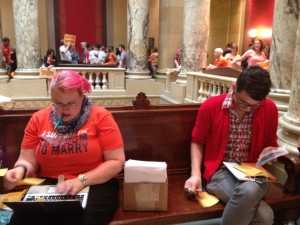 And then, like the birth of every good and wonderful thing, came the Big Push. It required no exaggeration to convey the urgency of every single phone call, every email, every lobby visit. Thousands of us in orange and blue crowded the capitol on the day of the House vote. I worried that I would feel useless as a tiny cog with no sense of the great machine, so instead of simply accepting that, I asked for something specific I could manage. That’s how I became the clearinghouse for the hundreds of paper messages we sent directly to the legislators’ hands as they sat in session. Every time another stack was ready for the pages, I would say “Fly, little bundles of love!” like some manic Witch of the West.
And then, like the birth of every good and wonderful thing, came the Big Push. It required no exaggeration to convey the urgency of every single phone call, every email, every lobby visit. Thousands of us in orange and blue crowded the capitol on the day of the House vote. I worried that I would feel useless as a tiny cog with no sense of the great machine, so instead of simply accepting that, I asked for something specific I could manage. That’s how I became the clearinghouse for the hundreds of paper messages we sent directly to the legislators’ hands as they sat in session. Every time another stack was ready for the pages, I would say “Fly, little bundles of love!” like some manic Witch of the West.
I was surprised by the flood of tears that joy brought as the freedom to marry passed first the House, then the Senate. Sure, I cry with joy or beauty sometimes, but the sobs I tried to contain shook me with an unexpected force. One part was surely a release of tension coiled tightly over more than a year. Another part, though, was the crashing wave of love and possibility that swamped everyone who’d fought or longed for this most basic freedom.
No good campaign skips the big debrief at the end–the veterans are repositories of wisdom on what worked, what didn’t, and how to do it better the next time. So I need to take an inventory of what this movement has done to me.
I can both teach and be taught better than before. I listen more actively and empathetically. I’ve refined and reaffirmed some of my deepest moral and spiritual beliefs. I believe action can work. I can build unlikely coalitions. I found my true calling in issue politics. I can set effective boundaries to preserve my own resources, and I can defend them when challenged by a new, sudden need. I know more about community organizing and legislative politics. I have a base of beloved, lifelong friends. I feel perfectly comfortable in the halls of power. I have made Minnesota my forever home. I learned that our own personal stories can change the world.
And I’m ready to start making some wedding gifts.
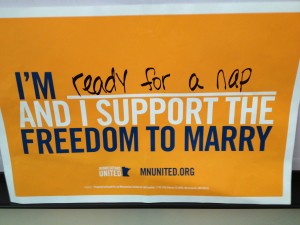
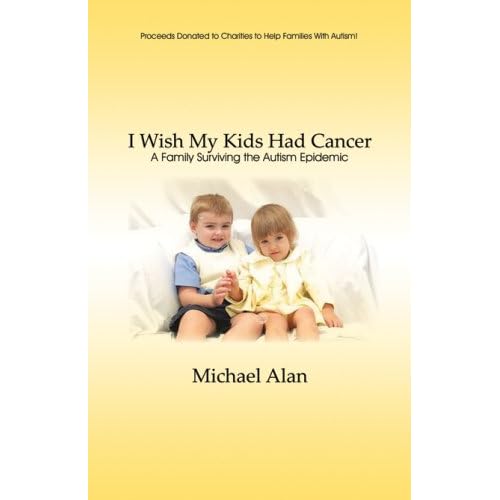
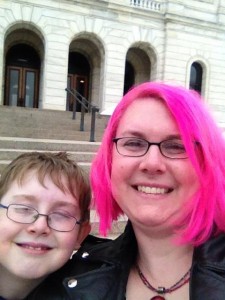
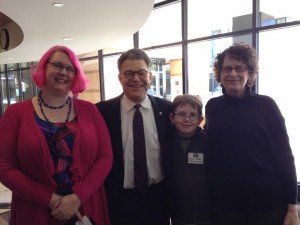

 I cringe as soon as I hear the bell ringing in front of the grocery store. My kids are primed to be generous, and immediately pester me for pocket change to put in the red bucket. I tell them “no” quietly and, to head off the inevitable “why” that follows, say, “They don’t believe they have to help everyone who comes to them in need, and I don’t want to support that.” I fast-walk the boys into the store and give the bellringer a tight smile.
I cringe as soon as I hear the bell ringing in front of the grocery store. My kids are primed to be generous, and immediately pester me for pocket change to put in the red bucket. I tell them “no” quietly and, to head off the inevitable “why” that follows, say, “They don’t believe they have to help everyone who comes to them in need, and I don’t want to support that.” I fast-walk the boys into the store and give the bellringer a tight smile.

 I’m volunteering for
I’m volunteering for 




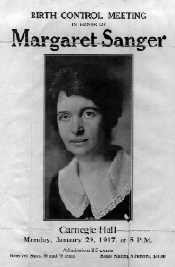
 But the Virginia variant is the first of which I’ve heard that requires an ultrasound performed not by swooshing the wand around in a schmear of goo on the abdomen (transabdominal ultrasound, or TAU), but by inserting a hard plastic probe several inches into the woman’s vagina (transvaginal ultrasound, or TVU).
But the Virginia variant is the first of which I’ve heard that requires an ultrasound performed not by swooshing the wand around in a schmear of goo on the abdomen (transabdominal ultrasound, or TAU), but by inserting a hard plastic probe several inches into the woman’s vagina (transvaginal ultrasound, or TVU). The American College of Radiology and the Radiological Society of North America say that TVU can be useful in early pregnancy; TVU can detect a pregnancy as early as 30 days’ gestation
The American College of Radiology and the Radiological Society of North America say that TVU can be useful in early pregnancy; TVU can detect a pregnancy as early as 30 days’ gestation 

